Aldi has announced plans to open 130 new stores between 2019 and 2020, alongside a £300m investment in its existing network of stores and regional distribution centres.
The discounter currently operates more than 775 stores and gained more market share than its competitors last year, attracting a further 1.1 million shoppers and growing to become Britain’s fifth biggest supermarket (Kantar Worldpanel data, 12 weeks to 9 September 2018).
In its 2017 financial results, the retailer also announced record results for its latest financial year, with sales up 16.4% to £10.2bn for the year ending December 31 2017.
Sales at the chain also grew at a faster rate than the previous year (2016: 13.5%) and more than five times faster than the overall grocery market (2017: 3%) (Kantar Worldpanel data, 52 weeks to 31 December 2017). Operating profit at the company also increased to £265.9m (+26%).
Aldi UK and Ireland ceo Giles Hurley, said: “The revolution in British grocery shows no sign of slowing. Savvy customers know they can swap and save with Aldi, thanks to great quality products at lower prices. This is happening on a massive scale, with more than 1.1 million new customers shopping with us throughout 2017.
“While other grocers introduced more complexity into their businesses in their struggle to win back customers, we stuck to our guns and focused on doing what Aldi does best – buying smart, staying lean, improving quality and keeping prices low. Our biggest strength is our simplicity – a carefully selected range of exclusive own-label brands and award-winning products at the lowest prices. Millions of Britons can put fantastic-tasting food on their table every day of the week, at prices they can afford.”
In addition to expanding its fresh, chilled and food-to-go ranges in stores as well as simpler layouts, the company also wants to attract more British suppliers.
Hurley added: “Our fundamental purpose remains – to bring outstanding quality groceries at the lowest prices for our customers, creating jobs and supporting British farming and manufacturing.”



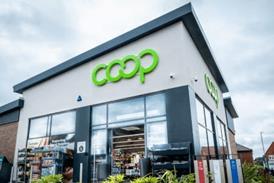







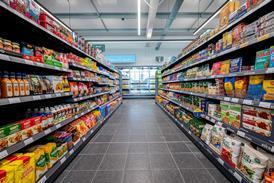









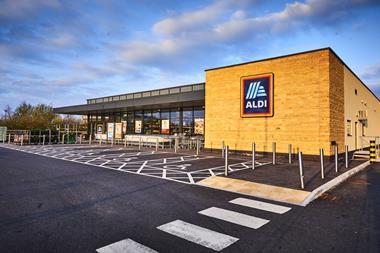
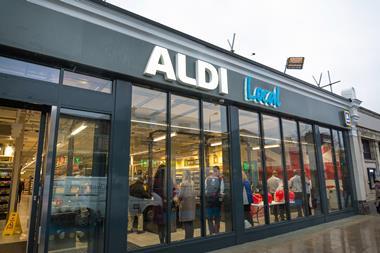
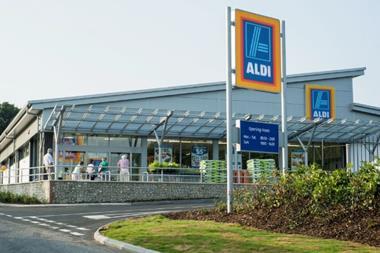
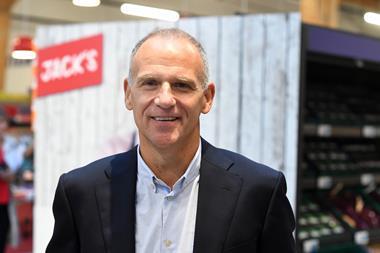

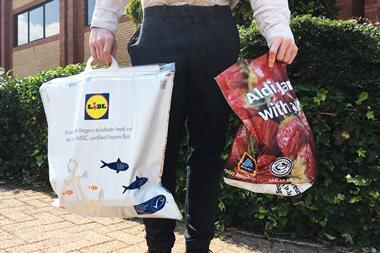




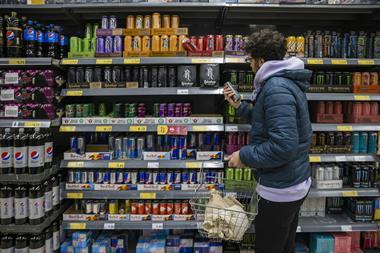

No comments yet